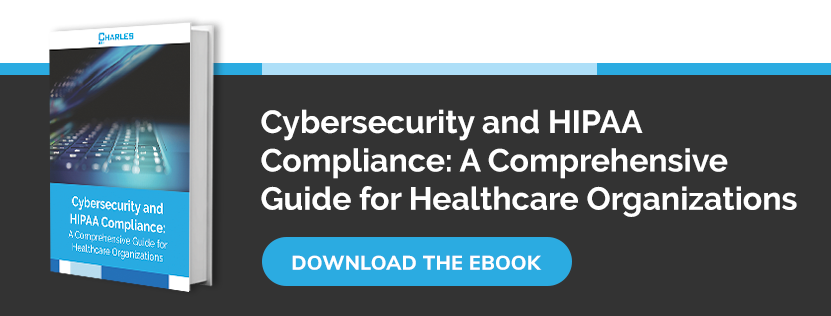The Health Insurance Portability and Accountability Act of 1996 (HIPAA) was enforced more than 20 years ago, and it set standardized privacy and security rules for healthcare practices to follow to protect private patient information. But after all these years, many practices still experience difficulties complying with HIPAA standards. This is why for many practices, working with highly credible HIPAA IT support experts is imperative.
Those looking for HIPAA compliance experts will discover that there are plenty of options in the market. However, finding the right provider is crucial. It’s essential to choose one that can keep up with your organization’s unique demands and help you streamline IT cybersecurity processes, prevent data breaches, and avoid sanctions. As you search for the right HIPAA IT support, don’t forget to keep these things in mind.
HIPAA Does Not Recommend Specific Technologies
HIPAA’s Security Standards for the Protection of Electronic Protected Health Information, also called the Security Rule, covers both technical and non-technical safeguards for data protection, primarily concerning the protection of certain patient health information in storage or in transit. IT teams and healthcare practices should be aware, however, that HIPAA doesn’t specify which technologies healthcare organizations need to comply with these rules.
For instance, practices must follow HIPAA rules regarding the use of secure email services, but choosing a specific HIPAA-compliant email system is a responsibility that largely falls on the IT support team. On top of having a secure email system, healthcare staff must observe email security best practices to avoid compromising patient data.
And while HIPAA makes no particular technology recommendations, HIPAA compliance experts must implement data storage and transmission systems that will prevent the practice from becoming negligent. It’s not enough to claim that the data centers they use are “HIPAA-compliant”; they should know exactly how these data centers maintain compliance.
Data Center Location Matters
Under HIPAA, a cloud hosting provider can store electronic patient health information (ePHI) in data centers located in any geographical location. However, the healthcare practice (i.e., the covered entity and their business associates) and the cloud service provider must enter into a business associate agreement (BAA) that takes into account HIPAA rules on data storage and transmission.
Stricter rules may apply when a cloud service provider’s data centers are hosted outside of the United States, as different countries impose different sets of data privacy rules. The Office of Civil Rights deems that there are certain risks involved — such as ransomware attacks — when data centers are hosted in a non-US-based data center.
HIPAA Takes Business Associate Agreements Seriously
As mentioned, covered entities and business associates must sign a BAA, a document that affirms that the IT provider is willing to take responsibility for patients’ ePHI. A BAA must cover pertinent points regarding the use of ePHI and must contain the security standards that covered entities or business associates expect from the third-party provider.
To ensure HIPAA compliance, covered entities and third-party providers must have a comprehensive BAA with clearly outlined security and data privacy policies. The lack of a BAA constitutes “willful negligence” by the covered entity and IT provider. This violation corresponds to a Tier 3 penalty — fines may range between $12,000 and $64,000 per violation.
HIPAA Has Mandates on Physical Controls
While it’s recommended to observe good cybersecurity practices to protect ePHI, healthcare practices should also be cognizant of physical controls. HIPAA has mandates around physical security standards, such as restricting access to facilities and enforcing measures on transferring, deleting, and/or reusing electronic media.
HIPAA Compliance Is a Shared Responsibility
It may seem like most of the responsibilities regarding healthcare IT fall on the shoulders of the IT experts, but upholding HIPAA and/or state standards of patient data protection is essentially a shared responsibility. This is why you must choose a HIPAA compliance expert that is easy to collaborate with. Work with experts who can explain concepts in a way that your healthcare staff can understand and follow.
Covered entities and their business associates must undergo a HIPAA assessment, a critical function that is best performed by experienced compliance experts. Avoid HIPAA violations by partnering with Charles IT. Let us help you maintain compliance — call or leave us a message today.





